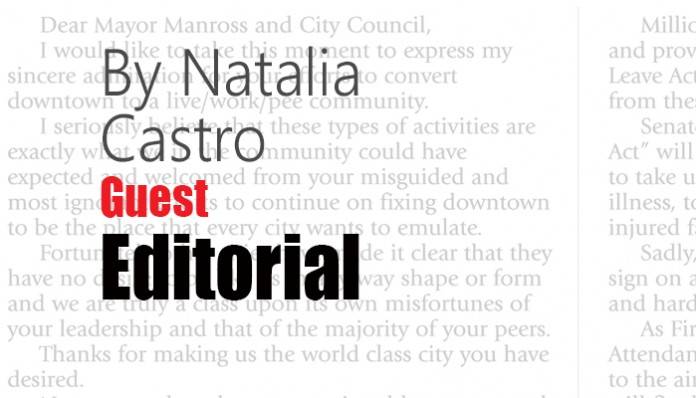After an embarrassing Democratic loss in the Montana special election, some are calling into question our entire election process. After Montana’s newly elected congressional representative Greg Gianforte engaged in a brawl with a reporter the night before the election, a New York Times op-ed by Naval War College Professor Tom Nichols suggests this highlights an overall issue with early voting — that requires the U.S. to impose a ban on campaigning for the day or even weekend prior to election day.
Whether it is a candidate allegedly resorting to violence or some other accusation of public corruption, Nichols has clearly forgotten that the First Amendment exists, or how it is applied. Moreover it ignores the basic reality that once you vote, that’s it, there’s really no way to change it.
In his May 25, 2017 article Now Montana Knows Why Early Voting Is Bad, Nichols defends, “Two of the state’s newspapers — both of whom endorsed Mr. Gianforte — retracted their endorsements in the last 24 hours. Early voters in Montana didn’t have the same luxury — the state doesn’t allow early voters to change their minds… Perhaps the answer is to have a 48-hour-voting period in which all campaigning must cease. Perhaps a full weekend is the answer.”
However, to change an early vote is a state issue that individual states can determine a solution to if they choose. While states such as Michigan, Wisconsin, and Pennsylvania allow early voting changes under exigent circumstances, other states see this as a potential for disenfranchisement, increasing the risk of voter fraud, lost ballots, or ballots not being corrected in time to be counted at all. There is also the problem that a widespread vote changing system would require voters’ names or IDs associated with every ballot.
The greater problem with Nichols’ article is the solution he proposes: a campaign silence for the days leading up to the election.
Perhaps Nichols believes that had campaigning been halted before the election Gianforte would not have had the elevated stress, which caused the assault on the reporter repeatedly harassing and entering the personal space of Gianforte. Or that if the blackout had been in effect, Gianforte would have been in no position to defend himself. Who knows?
However, the Supreme Court has already ruled that this is a violation of the U.S. Constitution. In the 1992 case Burson v. Freeman, the Court did not hesitate to denounce a state law that prevented campaigning on election day as an “obvious and flagrant abridgment” of First Amendment rights. While also noting that the state can only maintain peace, order, and decorum in and around the actual polls, where limits to campaigning already exist.
Not only does campaign silence violate the freedom of speech and free expression in the closing moments of campaigns, in a modern democracy with the Internet, the media would become the sole source of information for possibly days leading up to an election under this policy. Perhaps Nichols hopes that all politicians will be quiet for a few days and liberal media contributors, like himself, can control the narrative.
Polish elections scholar Adam Michiewicz argues democracies valuing freedom would never impose a ban on campaigning prior to elections, he explains, “if someone tried to impose election silence in America… it would raise a general alarm, both on the left and on the right wing, that the person is carrying out an attack on the Sacred First Amendment to the U.S. Constitution, which provides citizens with complete freedom of expression.”
The suggestion of this New York Times contributor is not only biased, but inherently unconstitutional.
And unfortunately for Nichols, The New Times, and the entire left; Politico reported following the election that Gianforte was likely to win all along anyway.
Politico’s Garbiel Debenedetti explains, “The ending was shocking, but the result was no surprise…Trump won Montana by 21 points in November…Gianforte wrapped himself as close to the president as possible…Campaigning with Vice President Mike Pence and Donald Trump Jr., relying on last-second robocalls from the president and Pence, using Trump’s campaign slogans — all of it worked to Gianforte’s advantage.”
Gianforte won the election, not because people voted early and were unable to pull their ballot, but because the Trump’s message continues to resonate with voters across the country. A message that voters believe aligns with the freedoms guaranteed in the Constitution, and clearly a message New York Times contributors need to hear some more.
Natalia Castro is a contributing reporter at Americans for Limited Government.





